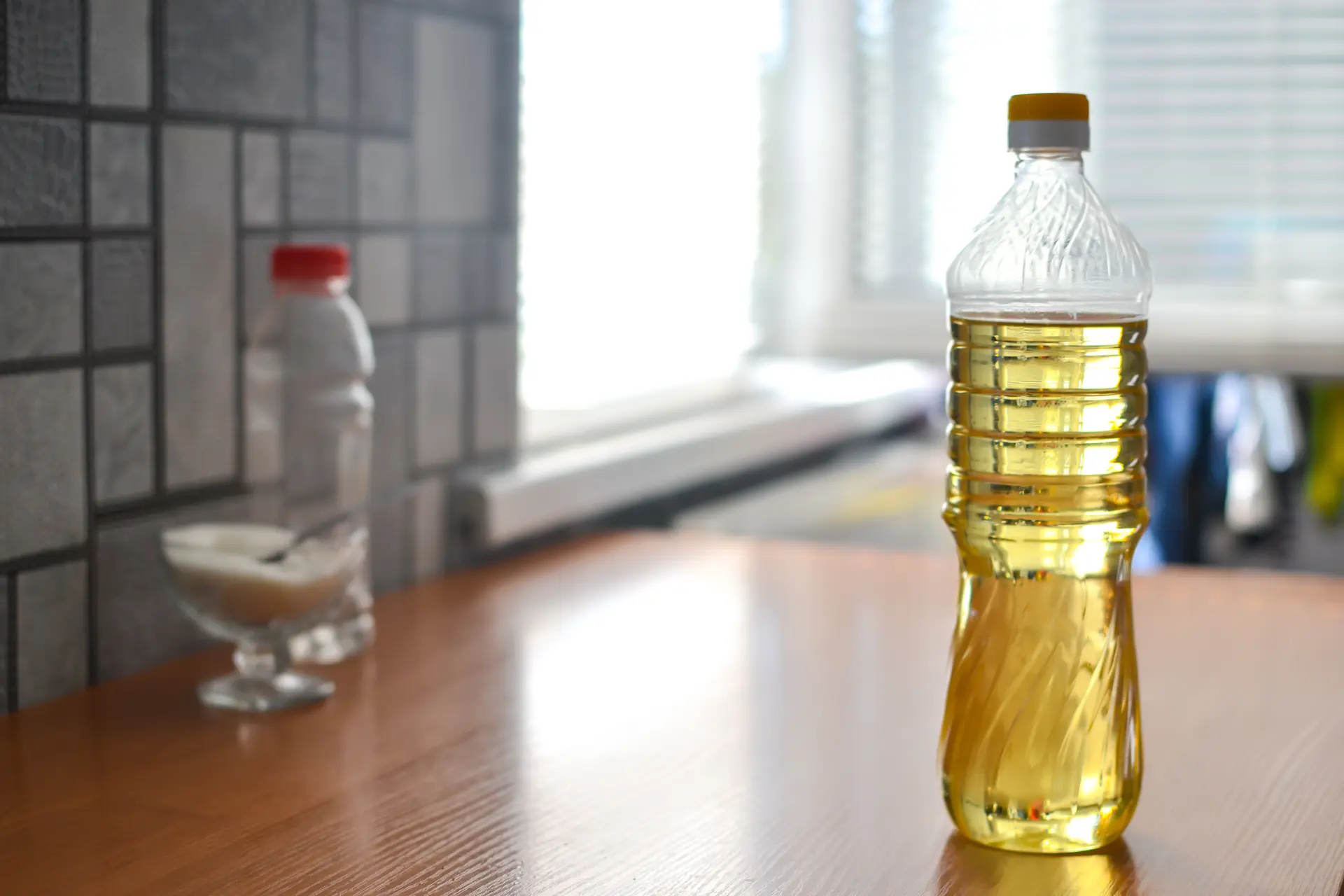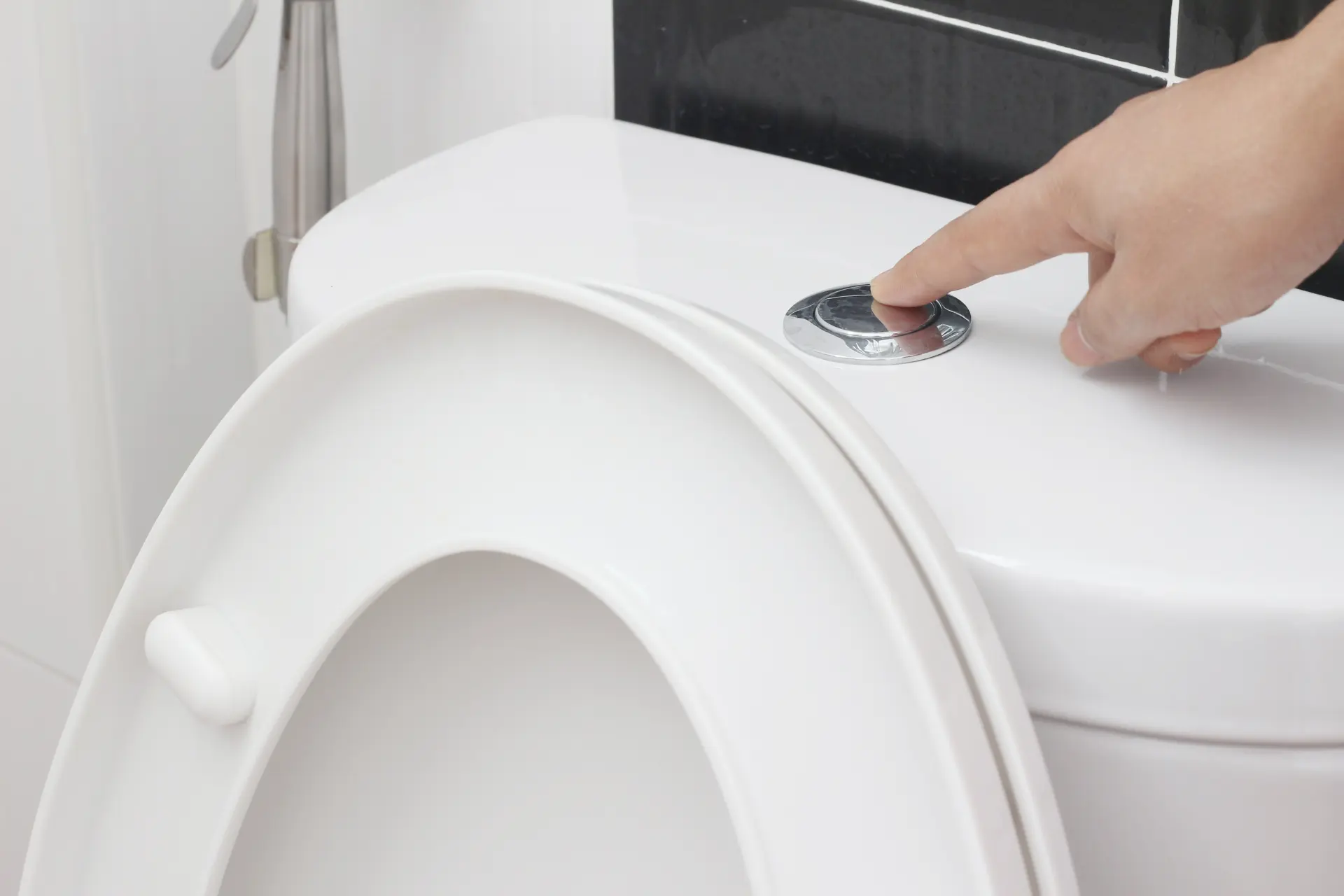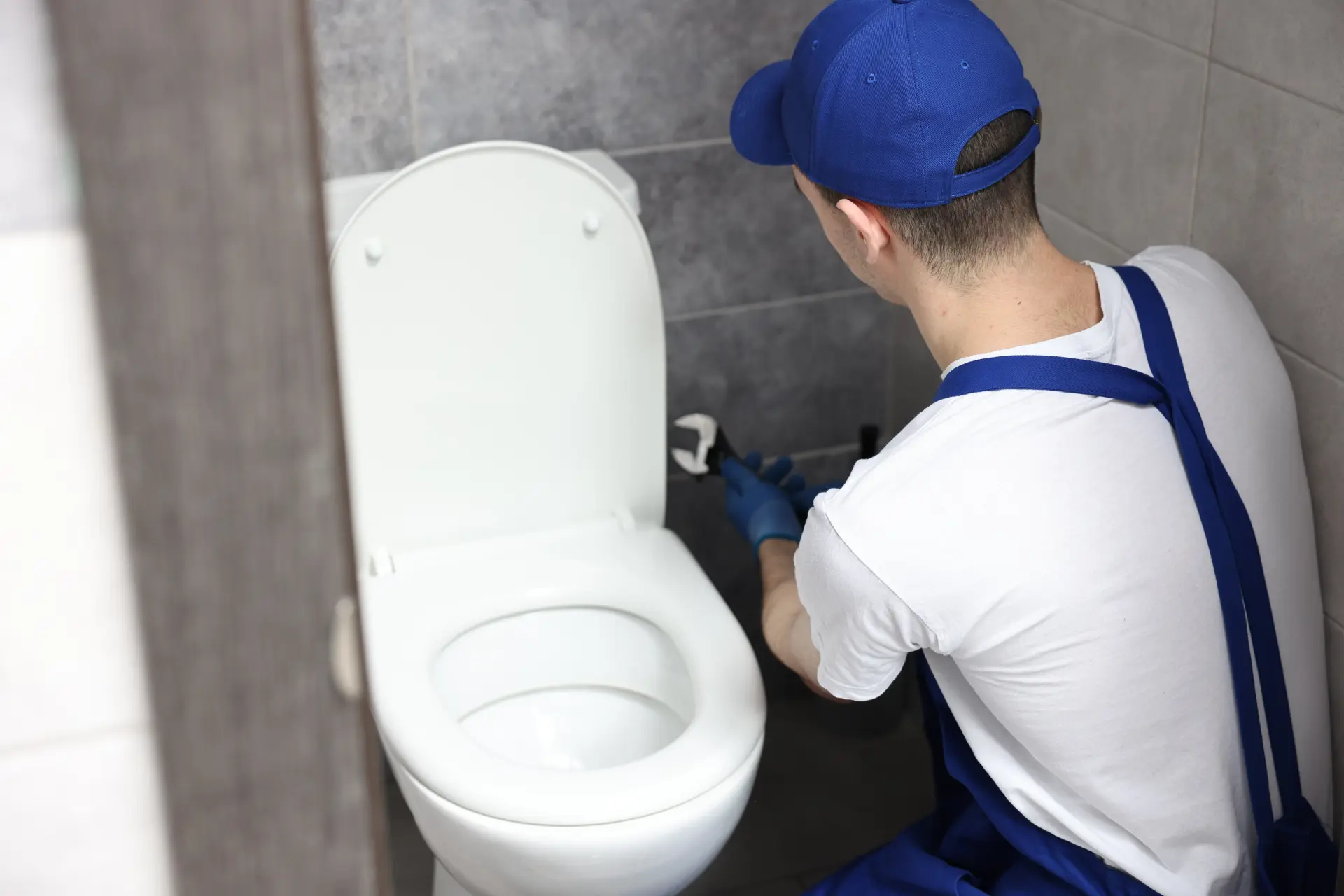Preventing Blocked Drains
A healthy drainage system keeps your home clean and safe. When pipes and drains are clear, water flows away quickly and wastewater is sent to the sewers without a problem. When things go wrong, a blocked drain can flood rooms, cause bad smells and even damage your property. The tips below explain how to prevent blockages and what to do if you find one.
How Blocked Drains Start
Most blockages are caused by things that should never be flushed or poured down the sink. In kitchens, leftover food, grease and cooking oil cool inside pipes and clump together with other waste. Over time they stick to the inside of the pipe and form a hard plug that restricts the flow. In bathrooms, wet wipes, nappies, sanitary products and cotton buds are often flushed down the toilet. These items do not dissolve like toilet paper, so they snag, build up and create blocked pipes. Hair, soap scum and toothpaste from sinks and the shower can also add to the blockage and make it worse.
Kitchen Habits That Prevent Blockages
Make sure fats, oils and grease never go into the kitchen sink. Fat oil that is poured down the sink when hot will cool inside the pipe and turn solid. Instead, collect used oils in a sealed pot, tin or bottle and dispose of them in the bin once cool. Wipe plates, pans and pots with a paper towel before washing so food waste does not go into the drain. Scrape plates into the bin every day, even small bits of food can build up and cause blockages over time. A sink strainer is easy to use and will collect crumbs and peelings before they enter the drain. Never use boiling oil or try to melt a blockage with more grease, this only makes the problem harder to fix.

Bathroom Habits That Prevent Blockages
Only human waste and toilet paper should go in the loo. Non-flushable items like wet wipes, nappies, tampons and other sanitary products must go in the bin. Even wipes that say flushable can cause blockages, so avoid flushing them. If it did not come out of your body or is not toilet paper, it should not be flushed down the toilet. Remind people in your home to follow this rule and place a bin in every bathroom for easy access. This simple step helps avoid blocked drains and protects the environment.
Simple DIY Maintenance
Hot water helps to clear light grease films. Pour a kettle of hot water into sinks from time to time to keep pipes and drains free flowing. You can also use baking soda and vinegar. First pour hot water, then add a cup of baking soda followed by a cup of vinegar, then finish with more hot water after a few minutes. This can help break up soft residue and keep things moving. A strainer in sinks and the shower will collect hair so it does not wash inside the pipe.
What Not To Flush or Pour
Do not flush nappies, wipes, sanitary products or cotton buds. Do not pour oils, fat or thick sauces down the sink. Do not rinse coffee grounds or rice into the drain, these swell and stick. Do not wash plate scrapings straight into the sink, even tiny bits of food can cause a blockage when they meet fats oils already inside the pipe. When in doubt, use the bin. These tips are easy to follow and will prevent blockages in most homes.

Early Warning Signs and Quick Fixes
Watch for slow draining sinks, gurgling noises, water rising in toilets or a smell near drains. These signs confirm a blockage may be forming. Act quickly. Try hot water, then baking soda and vinegar. Check the trap under the sink if you have safe access and you know how it is designed to come apart. Clean it and refit it carefully so it does not leak. If water backs up into other sinks or the toilet, stop using water and get in touch with a specialist. A severe blockage can send sewage back into your bathroom and risk flooding your home.
Outside Drains, Sewers and Responsibility
If the blocked drain is inside your boundary, it is usually your responsibility to fix it. If the blockage is in the shared sewer beyond your property line, the water company may need to investigate. In england and wales many shared sewers are managed by the water company. Check your provider’s website and menu for guidance and to confirm who looks after which pipes. Never lift heavy covers without training. If you see sewage rising in an outside drain or on your land, contact a professional quickly so they can work safely and prevent further damage.
Protecting The Environment
Everything flushed or poured into your drains becomes wastewater that travels through the sewer to a treatment works. When people dispose of oils, wipes or other items the system can break. This can cause overflows, blockages and flooding that harm rivers and wildlife. By keeping non-flushable items out of toilets and sinks, you help your local environment and your community.
Special Notes For Kitchens
Many kitchens use a lot of oil when frying. Let pans cool before wiping them. Pour cooled oil into a container, then place it in the bin. Use a spatula to scrape food into the bin before washing. Fit strainers to catch small bits. If you run a food business at home, you may need a grease trap that is designed to collect fat and oil before it reaches the sewer. Check local rules on the water company website and follow them.
When To Call a Professional
If you have a blocked drain that will not clear or you suspect a break in a pipe, call a specialist. Signs include wastewater rising in more than one fixture, sewage smells inside the home, or water appearing outside near drain covers. A professional can use cameras to investigate and confirm the cause. They can fix faults, remove tree roots and restore proper flow. If you rent, report issues to your landlord so they can arrange safe repairs.

Everyday Checklist To Avoid Blocked Drains
Keep oils and fat out of sinks. Put nappies, wipes and sanitary products in the bin. Use strainers in sinks and showers to collect hair and food. Rinse with hot water from time to time. Scrape plates into the bin before washing. Teach children and guests the pee poo and toilet rule. These small things, done every day, prevent blockages and protect your home.
Need Help?
If you have a blocked drain or think something is wrong with the pipes, get in touch through the website for Blockagegone. A friendly team can advise on next steps, arrange a visit and help fix the issue safely. For formal details, Blockagegone is registered in England and Wales, and you can find the company number on our website.
Frequently Asked Questions about Preventing Blocked Drains
No. Many wipes that claim to be flushable do not dissolve fast enough. They cause blockages when they meet grease inside pipes.
Yes. Toilet paper is designed to break apart quickly in water. Use a sensible amount and flush with enough water to move it along.
This can mean a shared blockage in your home’s internal pipes. Stop using water, avoid flushing, and contact a professional to investigate.
Be careful. Some products are harsh and can damage older pipes. Try hot water and baking soda with vinegar first. If that does not work, seek expert help.
In many cases the water company is responsible for the shared sewer beyond your property. Check their website to confirm and find contact details.
By following these tips and keeping unflushable items out of toilets and sinks, you can prevent blockages, protect pipes and drains, and avoid flooding your home. If in doubt, ask for advice and act quickly so small problems do not become big ones.

